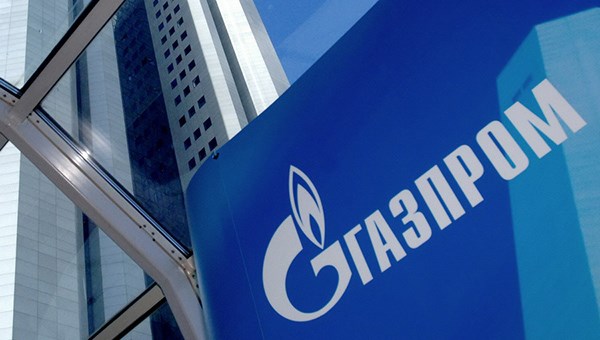Attempt on Skripal threatens Gazprom’s business in the UK
The attempt on the life of former Russian spy Sergei Skripal in the British town of Salisbury threatens Gazprom’s business in the UK, the Russian edition of DW writes.
The publication notes that Britain is Russia’s fourth largest gas export market. Moscow has considered the country one of the most promising and important for the Nord Stream 2 pipeline project.
British Prime Minister Theresa May, speaking on March 14 in Parliament in response to the poisoning of Skripal and his daughter, also announced the UK’s intention to replace Russia with other countries that are natural gas suppliers.
The publication notes that it is completely unclear exactly how May is going to replace Russia in this area, but it is unlikely that Gazprom will continue to expand its business in the UK after the sharp deterioration of relations between the two countries.
"If May's threat does not remain mere lip service, the search for solutions is likely to go in several directions. These could include an increase in gas purchases from Norwegian fields, which are linked to England and especially to Scotland by an entire pipeline system, as well as expansion of the already traditional import of liquefied natural gas; terminals for its regasification are available. At the same time, it can also follow the example of Germany, accelerating support of renewable energy, which would squeeze out gas in the British electricity sector", writes DW.
DW also notes that, given the current situation, many British consumers may want to abandon Russian gas for patriotic reasons, even if doing so may result in additional energy costs.
On March 5, the former Russian spy Sergei Skripal, who defected to the UK, and his daughter Yulia were hospitalized in the British town of Salisbury with severe poisoning by an unknown substance. After some time, several emergency workers who worked at the scene were also hospitalized. According to the investigation, a Russian-produced nerve agent called "Novichok" was used against the Skripals.
Britain demanded that Russia explain within 24 hours how the substance came to appear on UK territory. However, London did not receive an answer within the 24 hours. Russia has traditionally denied any accusations directed against it.
On March 14, British Prime Minister Theresa May spoke to the Parliament about the "Skripal case" and announced a list of countermeasures to be taken by her government in connection with Russia's illegal use of force in the territory of the United Kingdom. In particular, Britain has expelled 23 Russian diplomats, and will also strengthen its counteraction to Russian espionage and subversive activities, including a possible freeze on the Russian Federation’s state assets.
The United Kingdom also requested a UN Security Council meeting, during which British Deputy Permanent Representative to the UN Jonathan Allen accused Russia of violating the UN Charter and the Convention on the Prohibition of Chemical Weapons.
